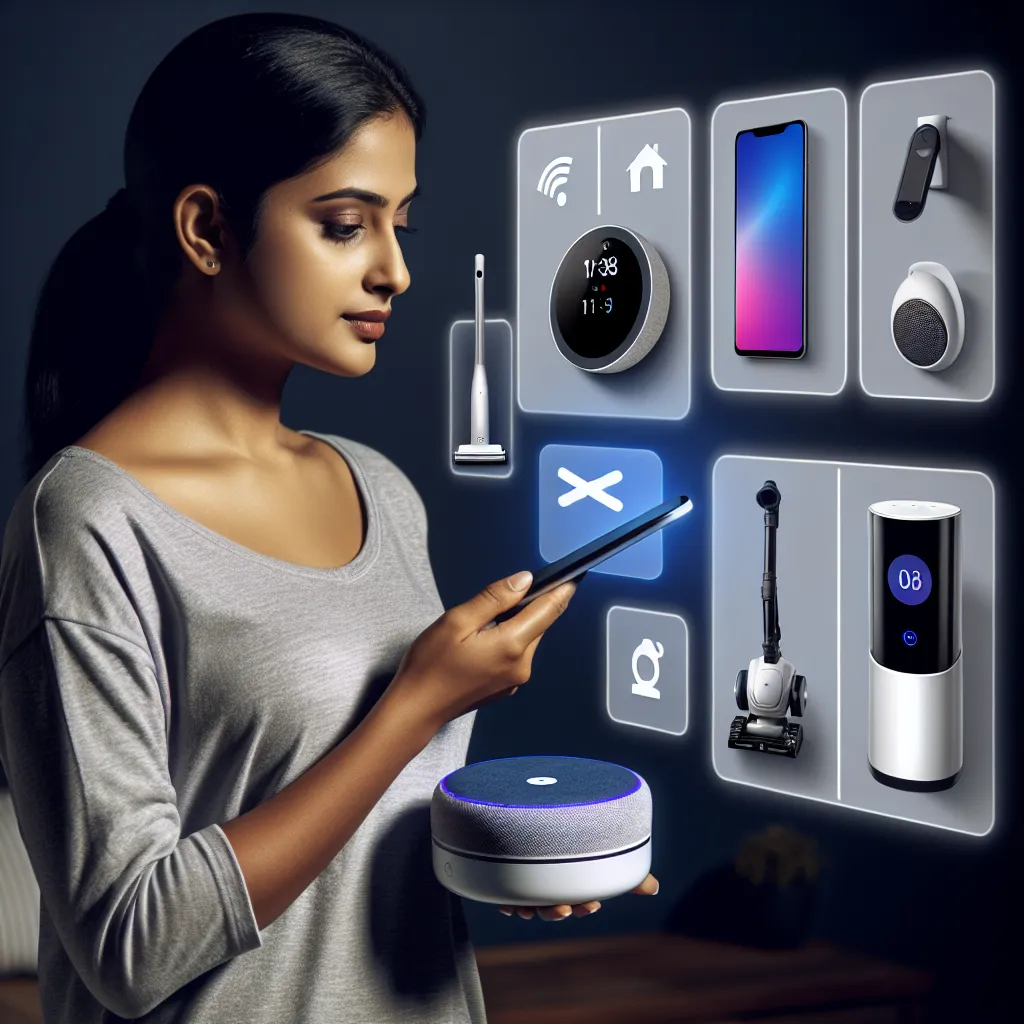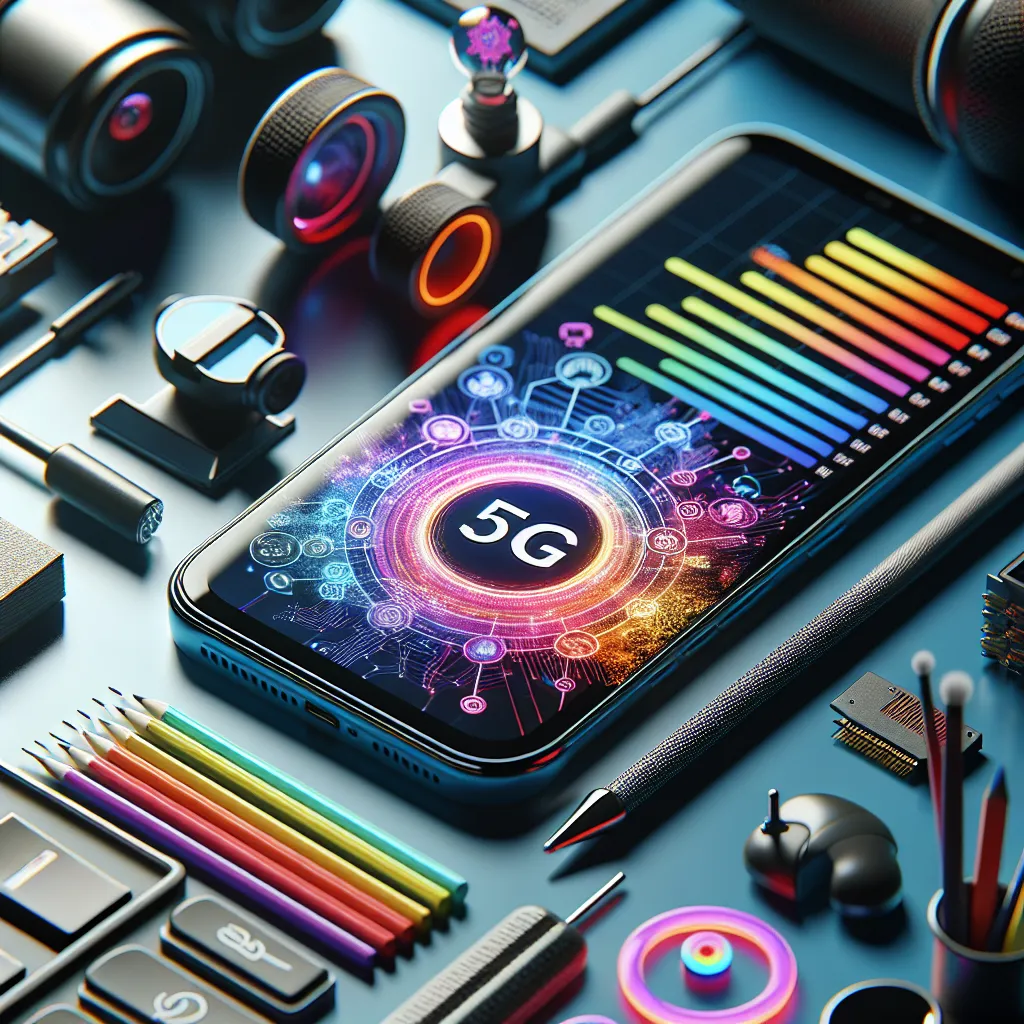The Impact of Artificial Intelligence on Consumer Electronics

How Artificial Intelligence Is Revolutionizing Consumer Electronics
Artificial intelligence (AI) has been revolutionizing the consumer electronics industry in unprecedented ways. The integration of AI into consumer electronics has led to a significant transformation in the functionality and capabilities of devices. One of the key areas where AI is making a profound impact is in enhancing user experience. Through the use of AI-powered voice assistants such as Siri, Alexa, and Google Assistant, consumer electronics such as smartphones, smart speakers, and home appliances are now capable of understanding and responding to human commands more intuitively.
Furthermore, AI has played a pivotal role in improving the performance and efficiency of consumer electronics. Devices powered by AI algorithms can analyze user patterns and behavior to optimize functions, personalize recommendations, and automate tasks. For instance, AI-enabled cameras can recognize scenes and adjust settings to capture the perfect shot, while AI-driven smart TVs can curate content based on viewers’ preferences.
Additionally, the integration of AI has contributed to the development of advanced features in consumer electronics, such as facial recognition, natural language processing, and predictive maintenance. This has not only elevated the level of convenience for consumers but has also opened up new possibilities for innovative applications and services.
In conclusion, the impact of AI on consumer electronics is indisputable. As AI continues to advance, we can expect even more groundbreaking developments that will further revolutionize the industry, providing consumers with smarter, more intuitive, and personalized electronic devices.
The Future of Consumer Electronics: Integrating AI for Enhanced Experiences
Artificial Intelligence (AI) has been revolutionizing the consumer electronics industry, and its impact on the future of consumer electronics is poised to bring about enhanced experiences for users. Integrating AI into consumer electronics devices has opened up a whole new world of possibilities, from smart virtual assistants to personalized recommendations and predictive functionalities.
One of the key areas where AI is set to transform consumer electronics is in the realm of smart home devices. With AI-powered capabilities, smart home devices such as thermostats, lighting systems, and security cameras can learn user preferences and adapt to their behavior, resulting in a more intuitive and seamless home environment. Furthermore, AI integration allows for interoperability between different smart devices, creating a cohesive and interconnected ecosystem within the home.
AI is also reshaping the way consumers interact with their personal devices, such as smartphones and wearable technology. The integration of AI enables these devices to understand and anticipate user needs, leading to more efficient and personalized experiences. From predictive text and voice recognition to intelligent camera features, AI enhances the functionality of consumer electronics, making them an indispensable part of everyday life.
Moreover, the future of consumer electronics is being shaped by AI in the realm of entertainment and content consumption. Streaming platforms and content recommendation systems leverage AI algorithms to analyze user preferences and behavior, delivering tailored content suggestions and personalized viewing experiences. As AI continues to evolve, consumer electronics will further elevate the entertainment experience through advanced content curation and immersive media interactions.
In conclusion, the integration of AI into consumer electronics is propelling the industry towards a future where devices offer not just utility, but also enhanced and tailored experiences for users. As AI technologies advance, the potential for consumer electronics to become more intuitive, adaptive, and indispensable in our daily lives is boundless.
AI’s Influence on Consumer Electronics: Trends and Innovations
Artificial Intelligence (AI) has been revolutionizing the consumer electronics industry, leading to significant trends and innovations that are reshaping the way we interact with technology. One of the key impacts of AI on consumer electronics is the exponential growth of smart home devices. These devices, powered by AI, have the capability to learn and adapt to users’ preferences, making our homes more efficient and convenient.
Another notable trend is the integration of AI into personal devices such as smartphones and wearables. AI algorithms enable these devices to analyze data and provide personalized recommendations, making them more intuitive and user-friendly. Additionally, AI-infused consumer electronics are enhancing the entertainment experience through content recommendations and immersive virtual assistants.
Furthermore, AI is driving innovations in the realm of voice recognition and natural language processing, enabling more seamless interactions with consumer electronics. This, coupled with advancements in machine learning, is paving the way for predictive maintenance in electronic devices, ensuring enhanced durability and performance.
In conclusion, the influence of AI on consumer electronics is evident in the transformation of smart home devices, personal gadgets, entertainment systems, and user interfaces. As AI continues to advance, we can expect further groundbreaking innovations that will continue to shape the future of consumer electronics.



